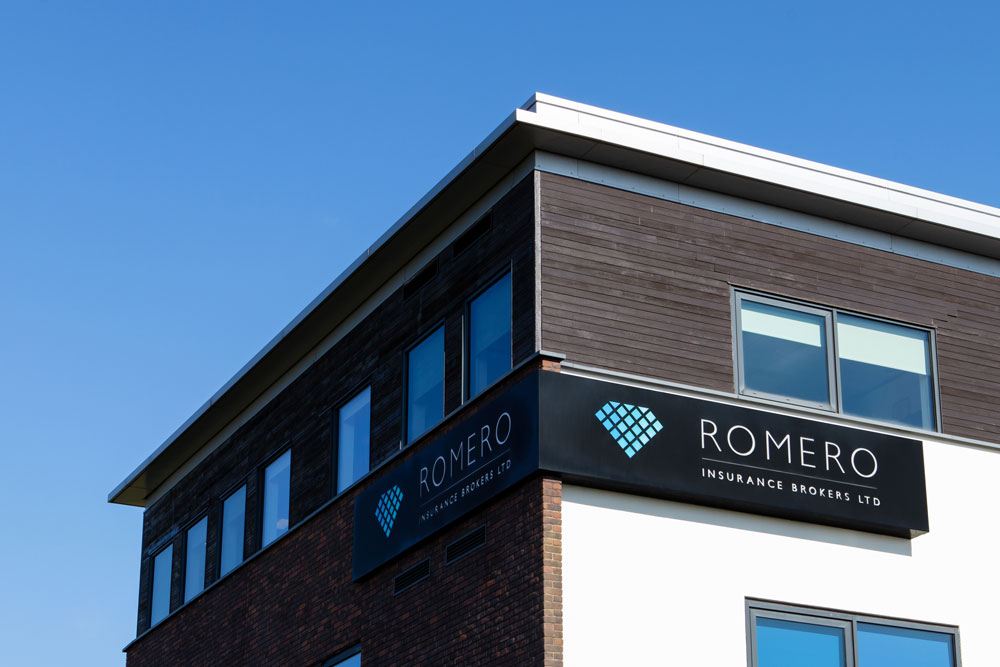If it’s your first time working with a broker, we appreciate you might be feeling a little trepidatious.
Insurance is one of the most important business decisions you’ll make each year. If something goes wrong and you don’t have adequate insurance, it could bring down your business. Therefore, finding a policy you have confidence in is incredibly important.
An insurance broker acts as an adviser, finding the right cover from the right insurer for each customer. Broker firms are regulated by the Financial Conduct Authority, ensuring brokers always have the best interests of their customers at heart.
Here, we’ll talk you through what it’s like to work with a broker and what you should expect…
Stage One – decide on your insurance options
Generally speaking, you have three options: use a price comparison site, ask for quotes from insurers directly or work with an insurance broker.
Which route you choose is dependent on how much value you put on convenience, cost and quality. A price comparison site might throw up a cheap, generic quote that will technically insure you in minutes but the cover won’t be tailored to your business’s specific needs and you certainly won’t receive expert advice on areas of cover you might not have even considered (such as cyber or terrorism insurance). The huge risk here is you could end up being underinsured – meaning you won’t be properly covered if you did need to make a claim.
You may get a fair price and comprehensive cover when dealing with insurers directly, but you’d need to get a lot of quotes from a lot of different companies to really be able to make a comparison. Again, it’s unlikely you’ll get many recommendations for cover you’re missing out on – an insurer will want to sell you a product, not provide free advice. Insurance agents also won’t be able to shop around the market and find you the best option, they’ll only be selling you products from one specific insurer.
Finally, you can choose to work with an insurance broker. Brokers are such a huge part of the insurance world because they provide genuine advice and expertise to customers. A reputable broker (such as Romero) will never knowingly leave you underinsured, and will make sure you have a comprehensive policy that covers you for any ‘what ifs’. We often use the example that you wouldn’t fix a car or build a computer unless you were an expert yourself – so why should arranging insurance be any different?
Stage Two – discuss the cover you need
An insurance broker will help you decide what level of insurance cover is needed for your business. They should offer advice on the cover you really need, without trying to upsell. But if you are ever unsure whether your business really needs a certain type of cover, chat through this with your broker.
In some cases, your broker will pay you a visit to find out more about your business and assess the risks. This will help your account manager have a better idea of what types of cover your business will need.
You’ll also need to arrange a professional building valuation to determine your Sums Insured. Sums Insured is the maximum amount an insurer will pay so it must be enough to cover the costs of rebuilding your business.
Stage Three – check your policy (and review it regularly!)
A broker will thoroughly check your policy and will work closely with your insurer to make sure it includes everything your business needs.
But you should still go through the policy wording and double check it yourself, leaving nothing up to chance. Ultimately it is your responsibility to make sure your insurance policy covers your needs, so you should always read through it yourself and ask your broker any questions.
You might think that’s insurance done for another year, but don’t leave it until your renewal date to review your policy. Regularly check in with your broker to make sure you’re covered for any additional stock or contents. You might think an activity or event won’t pose additional risks, but if something goes wrong and you haven’t declared everything to your insurer then you might find yourself in hot water.
You are always at liberty to shop around year-on-year, making sure your broker is getting you the best possible cover at a great price. If you think you can get a better deal elsewhere, we recommend looking into all avenues for peace of mind before making a final decision.
Stage Four – Keep up to date
Your insurance broker is there to help you all year round, from offering risk management advice right through to sharing industry news and insight. If there’s a new regulation or legislation you need to know about, having a good relationship with your broker will ensure you’re the first to hear the news. The benefits of having insurance experts on-hand are countless and can benefit your business continually – not just at the point of renewal.
There is a final fifth stage we hope you’ll never need, but chances are you might well do: making a claim. An insurance broker will act as the middle man between you and the insurer, meaning you don’t have to defend a claim or negotiate yourself. Claims teams deal with claims day in, day out, so they’re in the best position to help settle the claim with an insurer directly. This gives you time to run your business without worrying about endless back-and-forths with your insurer.
Working with an insurance broker is simple, but finding the right broker can be the biggest challenge
Just like finding a right hairdresser, or business adviser, it’s important to find a broker who understands you and will put your interests first. To chat to us about your insurance cover, give us a call.



